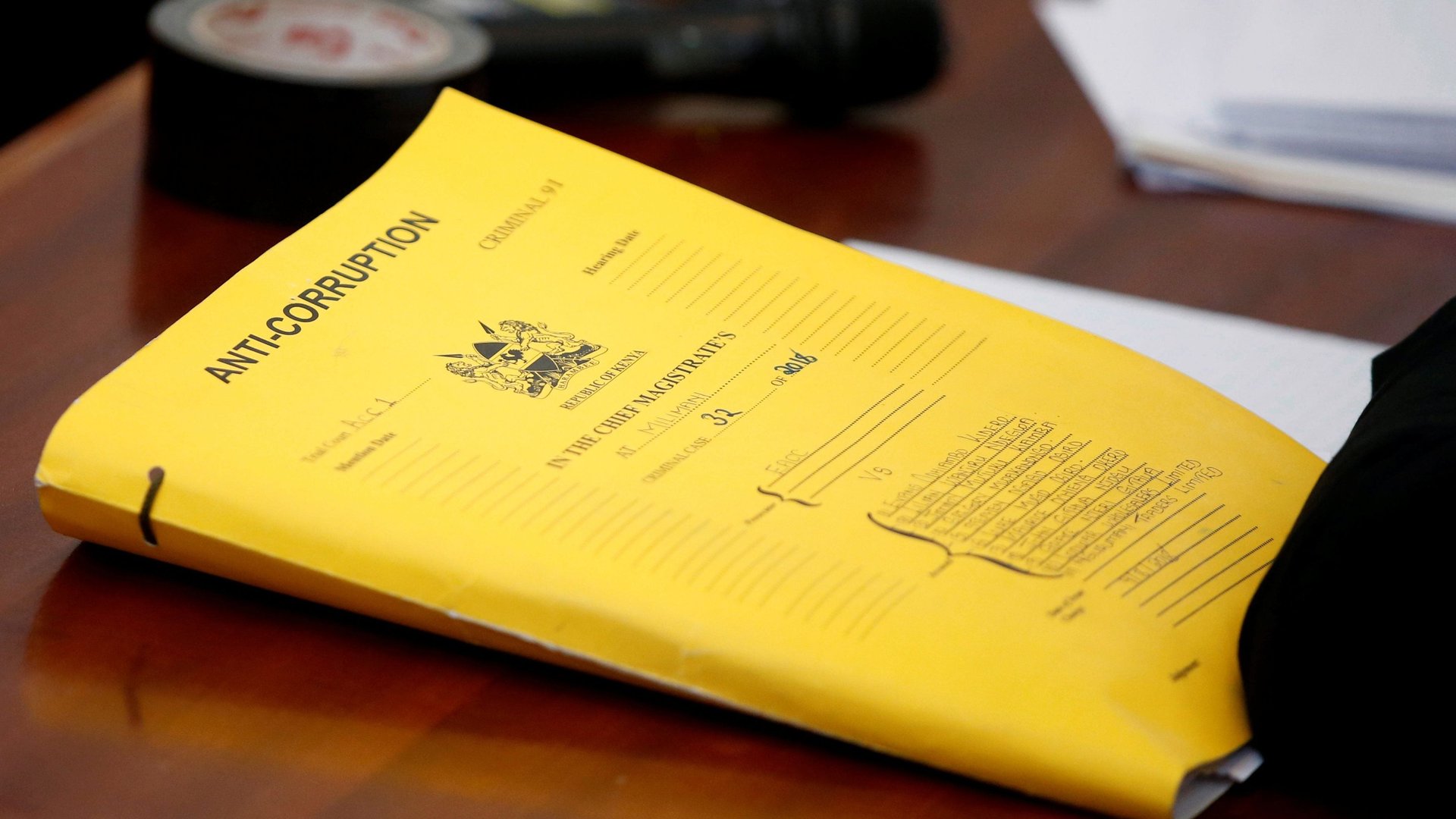The global systems which enable major scale corruption in Africa can’t be fixed in Africa
Daniela Lepiz looks frustrated. She’s in Copenhagen, at the International Anti Corruption Conference, on a panel titled “What Will It Take to Win The Fight Against Corruption in Africa?”


Daniela Lepiz looks frustrated. She’s in Copenhagen, at the International Anti Corruption Conference, on a panel titled “What Will It Take to Win The Fight Against Corruption in Africa?”
An investigative journalist based in Burkina Faso, she’s speaking alongside Kenya’s auditor general, the permanent secretary to Namibia’s Anti-Corruption Commission, and the chairperson of the African Union’s advisory board on corruption. She’s been trying to get the panel to zero in on money laundering and tax havens as a focal point, but other members of the panel seem intent on discussing the need to build stronger institutions and elect honest leaders in their own countries.
“You can build institutions but if you elect the wrong people to head those institutions you will go nowhere,” comments Namibia’s Hannu Shipena, staying on topic.
But Lepiz sees a bigger picture: “It’s true corruption is a problem affecting Africa,” she says, “[But the] systems and the mechanisms allowing corruption to happen in Africa are not based in Africa.”
Africa lost an estimated one trillion dollars in the last decade to money siphoned out of the continent: stashed into bank accounts, laundered through shell companies or into hard assets. Massive forums like the IACC highlight the scale of problem, as well as the opportunities and limits to operational solutions, which, at best requires real-time cooperation between banks on various continents willing to share silos of information.
“A multinational [company] will make a profit of $10 million and then they will bring in a consultancy for 12 million and declare a loss. The result is that they have made a loss instead of profit, so this money goes to the tax haven where they have another organization which provided the consultancy, so no tax gets paid on the income that was made,” explained Daniel Yaw Domelevo, the auditor general of Ghana, who attended the IACC. “That is the major cause of illicit financial flows in Africa.”
Last week the IACC brought together 1,500 stakeholders from 130 countries for a three-day event in Denmark. The biggest anti-corruption conference in the world, the IACC provides an opportunity to enhance collaboration, further networks that are maintained after the conference, and make formal, public commitments to tackling corruption. A rare high level summit with 40 ministers, heads of international organizations and private companies was held to discuss collaboration for better addressing corruption, and participants released statements of commitment including greater oversight, and advocacy.
But experts say these statements largely do not address the nuts and bolts of what needs to be done to nail corrupt money movement. The promises may be well intentioned, but they lack the teeth and specificity required to disrupt these networks from which so many of the powerful benefit: The necessary decision makers largely do not come to the table.
“The IACC would love to host those types of meetings,” said Max Heywood, who works with Transparency International’s Secretariat. “But the global anti-money laundering system is still pretty much a closed shop.”
“Those who met at IACC are not capable of changing the rules,” agreed Domelevo. “I think we need the main actors, the governments to come together, the ministers of Finance. A few were invited but we need a critical mass.”
National and international factors create the environment for the staggering levels of illicit financial activity. According to Domelevo, Ghana’s banks, for example, are not required to report financial transfers outside the country, meaning he and his colleagues cannot conduct internal investigations. Even though greater banking transparency and internal regulation would be a welcome change to Domelevo, his work would still be very restricted, as he still has no jurisdiction to research the money’s movement outside of Ghana.
But some internal actions can be taken, says Lepiz. She explains that one productive step would be for African countries to stop awarding national tenders to companies based in tax havens that will take profits out of their countries. The World Bank and international institutions can do the same. “I don’t think Switzerland will ever come alone and say ‘We’re going to change,”” she said. “But there is something they [African countries] can do, I’m guessing.”